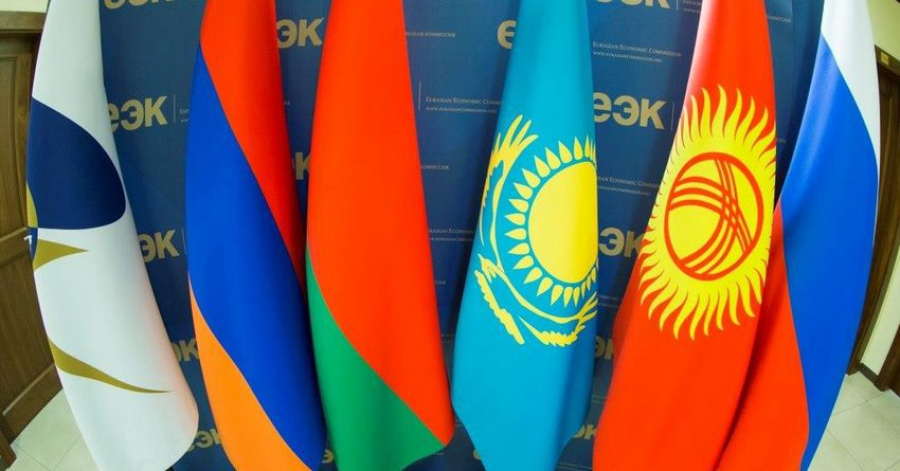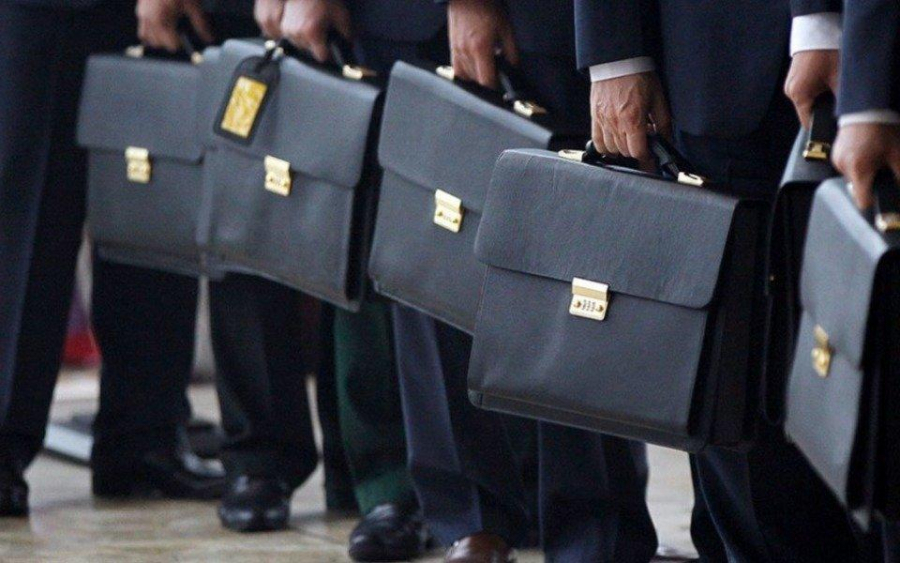
A big data analysis system will be introduced in Kazakhstan.
Currently, 55 state databases have been uploaded, and their number is expected
to increase to 100 by yearend. According to the Finance Ministry, digital
profiles of taxpayers have already been created for 569,000 legal entities and
over 1.8 million individual entrepreneurs. Digital solutions allow access to comprehensive
data on taxpayers, including salary funds, the number of temporary workers, and
taxable objects. As part of the tax reform, there are proposals to strengthen
control over business registration. Measures for identifying entrepreneurs
through Face ID are being considered. Plans include verifying information to
minimize risks associated with registering businesses with front individuals.
Work is also underway on biometric identification in the electronic invoicing
system for high-risk taxpayers. Online trading platforms are also being
registered for tax purposes—101 have already been registered, including Temu,
Pinduoduo, and Alibaba Group.
«At the Prime Minister’s meeting with business
representatives, I presented digital solutions and projects of the Finance
Ministry, particularly in the area of tax administration. As an example, the e-Tamga
project was showcased, which provides for VAT administration. This project allows
for the blocking of the issuance of electronic invoices (ESF) for high-risk
taxpayers or companies with unverified legitimate expenses or negative balances.
With the new Tax Code, the Ministry is ready to take all necessary actions regarding
digital solutions to support all required projects, including VAT
administration,» noted Kazakh Vice Minister of Finance Asset Turyssov.
According to Prime Minister Olzhas Bektenov, as part of the
implementation of President Kassym-Jomart Tokayev’s instructions, the proposed
measures are being actively discussed with the public, businesses, and experts.
Working groups, led by vice ministers of the Ministry of National Economy and the
Ministry of Finance, met with entrepreneurs from nearly all regions, collecting
proposals for analysis and processing. Experts also noted that the
differentiated VAT and the reduction of the registration threshold would decrease
dependence on the National Fund and direct additional funds towards
infrastructure development. It is also proposed to reduce the number of special
tax regimes from 364 types of activities to 40.









